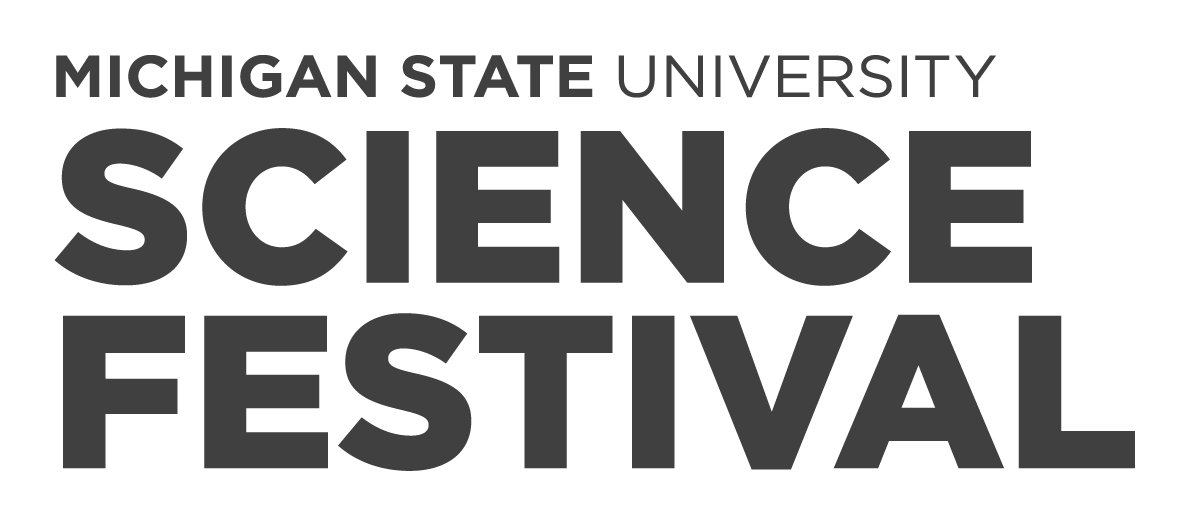Statewide Astronomy Night
Explore the wonders of the universe at your local planetarium or observatory in celebration of Statewide Astronomy Night. Dates and more information will be announced later in the fall of 2025.
No events are tagged this way (yet!). Check again soon.



